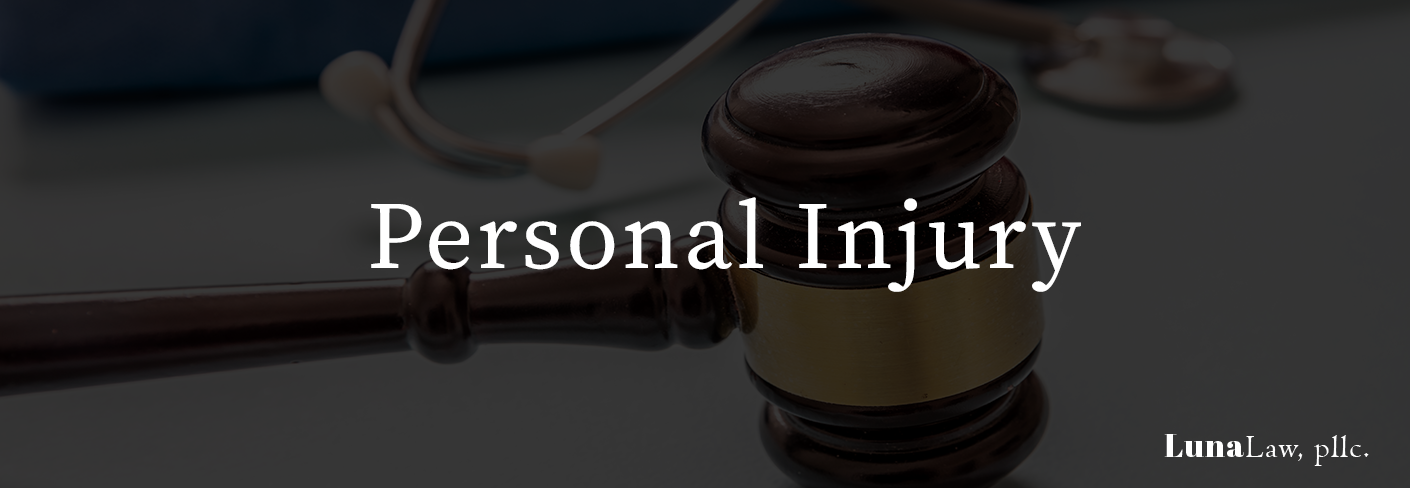
You might have a personal injury case it:
* You were hurt because someone else was negligent (e.g. rear-ended by distracted driver).
* You are intentionally injured by someone else (e.g. assault).
* An injury was caused by a defective or dangerous product
* A medical professional made a mistake or was careless while treating you
* You sustained injuries on the premises of someone else (e.g. you fell on a cracked floorboard).
* You sustained injuries while working.
Do you have evidence that someone was negligent?
You have suffered damages if someone you trusted acted without reasonable care.
* Injuries to the body
* Emotional distress,
* Monetary costs
Personal injuries can include any type of injury to the body, emotions or reputation of a person, but they are not to be confused with injury to property rights.
Grounds

Three grounds can be used to bring personal injury claims:
1. Personal injury cases are most commonly based on negligence. Negligence is the basis of liability for personal injury claims. It involves an individual’s failure to act with the same level of care as someone of ordinary prudence in the same circumstances. A hunter might carelessly fire his gun at other people.
2. Strict liability holds a defendant responsible for an action. This applies regardless of the intent or mental state at the time. The manufacturer can be held responsible for injuries caused by a defect in a product even if they didn’t act negligently or intended for the product to cause harm.
3. Intentional wrongs are caused by the intentional act of a defendant. Intentional torts include battery, assault and false imprisonment. Trespass to land, chattels, and intentional emotional distress are all common examples.
Causes of action
Personal injury claims may be made for injuries sustained to the body. Take, for example:
* Automobile accidents
* Workplace accidents
* Assault
* Product defect accidents
* Medical malpractice
* Abuse of nursing home
* Toxic torts
Non-bodily injury can also lead to personal injury claims. Take, for example:
* Intentional infliction or distress to the emotional system
* Defamation
False arrest, detention or imprisonment
* Malicious prosecution
* Invasion into privacy
Damages
If the plaintiff wins their case, they will receive money damages for their injuries. The purpose of damages is to compensate the victim for their losses. Personal injury damages may include, but not be limited to:
* Medical expenses
* Loss of wages
* Suffering and pain
* Emotional and mental distress
* Household assistance
* For travel expenses
For legal assistance, contact LUNALAW, PLLC



